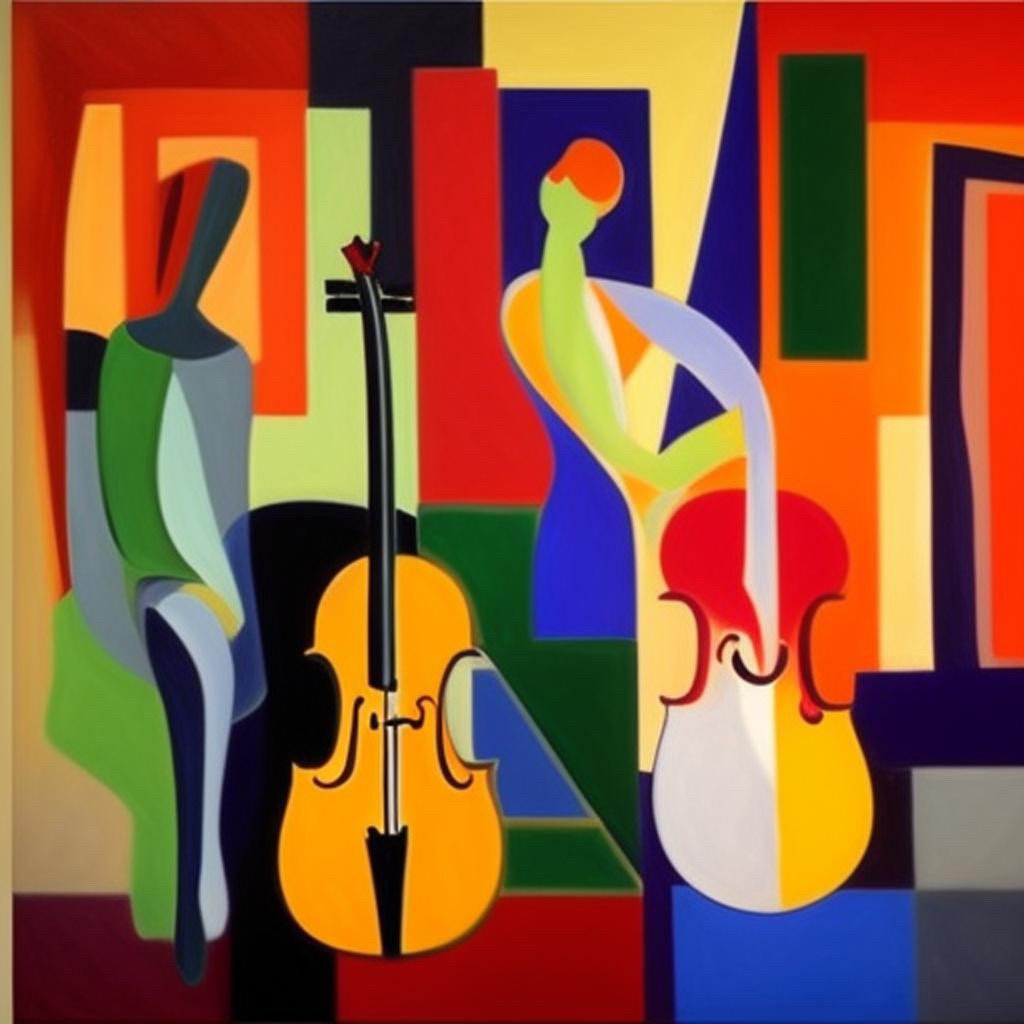
Table of Contents
A Symphony of Verses
In the enchanting realm of literature, poetry stands as a vibrant tapestry woven from threads of creativity, emotion, and imagination. It’s a world where words transcend their mundane existence and come alive in unique forms and styles, each like a distinct instrument in a grand symphony. Today, dear readers, we embark on a playful journey through this poetic universe, where limericks, sonnets, villanelles, and more frolic in harmonious abandon.
Limericks: A Giggle in Five Lines
We begin our poetic soiree with limericks, the cheeky jesters of the literary court. These five-line wonders pack a punch with humor, rhythm, and a mischievous twist. Picture this: a man from Kent whose love for limericks was always bent, he’d chuckle with glee, from A to Z, as his laughter they always meant!
Sonnets: Shakespeare’s Crown Jewel
Now, let’s shift gears to the regal sonnet, a 14-line masterpiece that lords over the poetic landscape. With iambic pentameter and rhyme schemes that could make even the most seasoned poet sweat, it’s the crown jewel of many a bard’s repertoire. In its court, the Shakespearean sonnet reigns supreme, donning the cloak of ABABCDCDEFEFGG rhyme scheme and captivating the hearts of lovers for centuries.
Haikus: Zen in Seventeen Syllables
Our journey meanders toward the minimalist haiku, a Japanese treasure known for its simplicity. In just three lines, the haiku captures a moment in time, like a Zen garden raked with precision. Five syllables, then seven, then five again—nature’s essence distilled into a symphony of syllables.
Villanelles: A Dance with Repetition
Prepare your dancing shoes for the elegant villanelle, a 19-line waltz that’s all about repetition. A1, A2, A1, A2, and so on, with a sprinkling of B1 and B2 for good measure. These poetic duets are like a tango with words, a dance where the refrain becomes the heart’s deepest echo.
Tanka: Haiku’s Bigger Sibling
Don’t overlook the tanka, the haiku’s more verbose sibling. It flexes its literary muscles with a five-line structure, but this time, it has a syllable count of 5-7-5-7-7. It’s the perfect form for those moments when you have a few extra words to spare but still crave the simplicity of a haiku.
Pantoums: Poetry’s Echo Chamber
Now, imagine a poetic echo chamber where each line reverberates through the next, creating a hypnotic, interconnected masterpiece. That’s the pantoum, a form where the second line of the first stanza becomes the first line of the second, and so on. It’s like a lyrical call and response, a poetic conversation with the past.
Acrostics: Hiding Words in Plain Sight
Ever played hide-and-seek with words? Acrostic poems revel in this linguistic game. The initial letters of each line spell out a word or message vertically, like a secret code waiting to be deciphered. Cryptic, clever, and utterly captivating.
Free Verse: The Wild Child of Poetry
Amidst these structured forms, free verse emerges as poetry’s wild child. It rejects rhyme and meter, preferring the untamed rhythm of life itself. It’s a canvas for the poet to paint with words, where rules are shattered, and creativity knows no bounds.
Elegies: A Melancholic Serenade
In the quieter corners of this poetic ballroom, elegies sing their melancholic serenades. These poems are tributes to the departed, capturing the raw emotions of loss and the enduring beauty of memory. A solemn, soulful dance through the corridors of grief.
Odes: A Celebration of the Mundane
To wrap up our poetic masquerade, we celebrate the humble ode. In verses, it sings praise to the everyday, elevating the ordinary to the extraordinary. An ode to a tomato, a potato, or even a raindrop—a toast to life’s unsung heroes.
Ballads: Stories Set to Verse
In the dimly lit corner of our poetic gathering, the ballad holds court. It’s the bard’s chosen form for storytelling, weaving tales of heroes, lovers, and mythical creatures in rhythmic verse. With narrative at its core, the ballad is like a fireside chat through the medium of poetry.
Epitaphs: Words for the Departed
As we draw our poetic feast to a close, we offer a moment of reflection with epitaphs. These solemn verses etch the memories of loved ones in stone or ink, encapsulating a lifetime’s worth of stories and emotions in a few poignant lines.
As our poetic journey draws to a close, we invite you to explore this symphony of verses further. Dive into the world of sonnets and limericks, traverse the tranquil landscapes of haikus, or waltz with the echoing villanelles. With each poetic form and style, you’ll uncover a new facet of the magical, ever-evolving world of poetry—a world where words dance, emotions sing, and imagination reigns supreme.
Shop Corner
Indian Summer on Amazon
Poetic forms on Amazon
Poetic style on Amazon
Happy reading and writing! ??️?
Take time to learn
Invest in your future
Embark on a journey into the realm of affiliate marketing and craft your own website within a vibrant, supportive community. Join me in this adventure, where you can begin as a free starter and stay as long as you desire. Enjoy complimentary hosting and foundational teachings to set you on your path. For those with advanced skills, opportunities to elevate your expertise await. Take a moment to explore and witness the magic for yourself!




